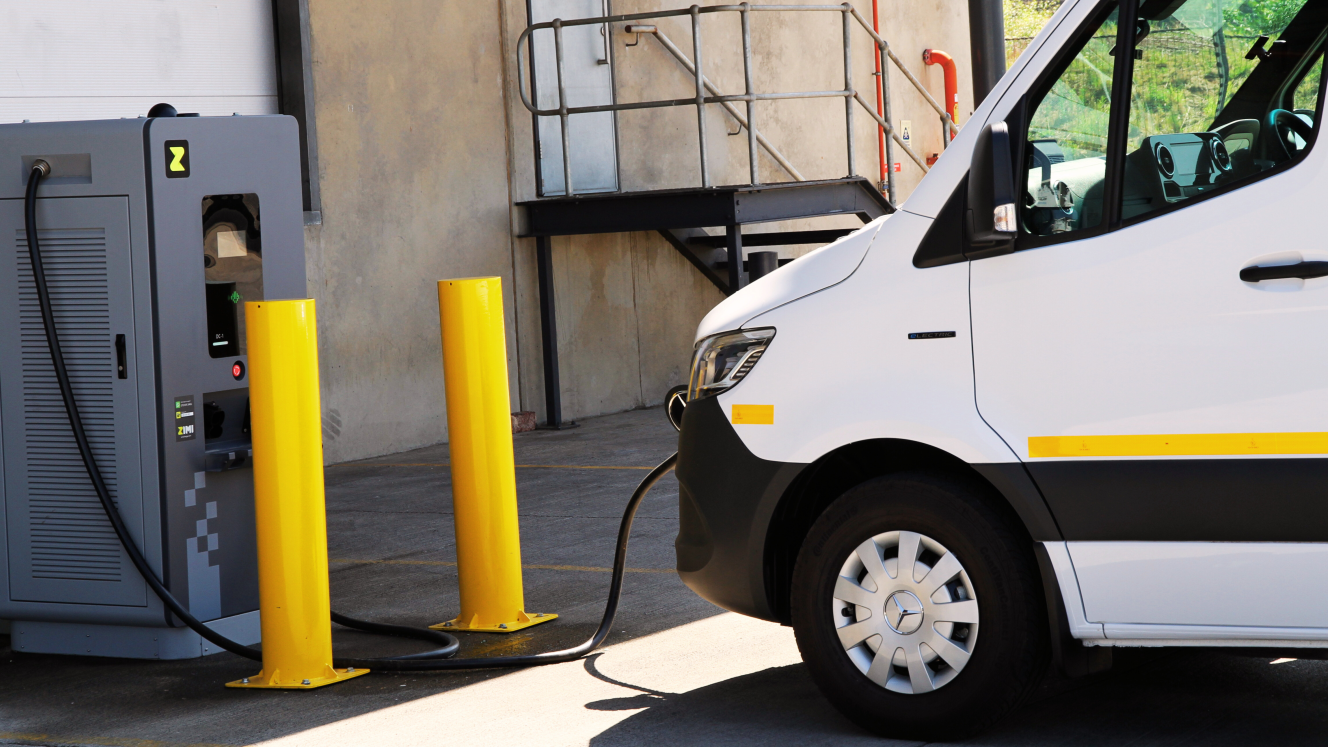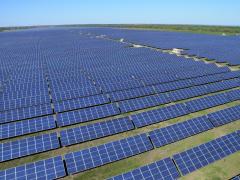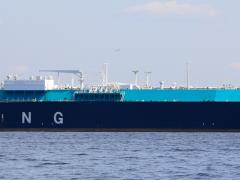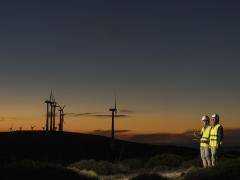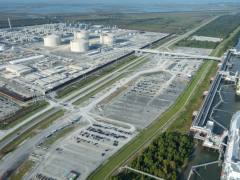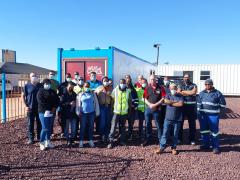A pilot project to deploy what is believed to be Africa’s first commercial-scale vehicle-to-grid (V2G) charging solution is set to begin in South Africa, backed by €280 000 (R6,04 million) in funding from the Energy and Environment Partnership (EEP) Africa Trust Fund.
The “V2G Integration of Electric Vehicles in South Africa” project will be implemented by local electric vehicle (EV) infrastructure company Zimi and will include the deployment of 120 kW DC fast-charging stations with bidirectional capability.
“V2G technology is not just about EVs. It’s about transforming EVs into mobile energy storage assets that enhance grid stability, drive energy efficiency and empower a more resilient, sustainable energy future for South Africa,” said Michael Maas, CEO of Zimi.
Zimi’s bidirectional chargers will enable two-way energy transfer between EV batteries and the grid. The technology has the potential to support grid stability by discharging stored energy from vehicles during peak periods or supply constraints, he says. “As load shedding and grid instability continue to challenge South Africa’s energy landscape, vehicle-to-grid solutions offer an urgent and practical answer.”
V2G has seen limited application globally. This is the first attempt at commercial deployment in the African context, Maas says. The project will also explore interoperability with new EV models such as the Volvo EX90, which supports bidirectional charging and was recently launched in the South African market.
According to Zimi, a test site has been secured. The pilot will focus on evaluating real-world system performance, integration with energy management software and compatibility with local grid conditions. The project is expected to provide data on system response time, power quality and reliability.
The EEP Africa Trust Fund, managed by the Nordic Development Fund, selected Zimi’s initiative from over 530 applications across Southern and East Africa. In a statement, the fund described the 32 selected projects as “innovative clean energy solutions with high potential for impact in local markets”.
